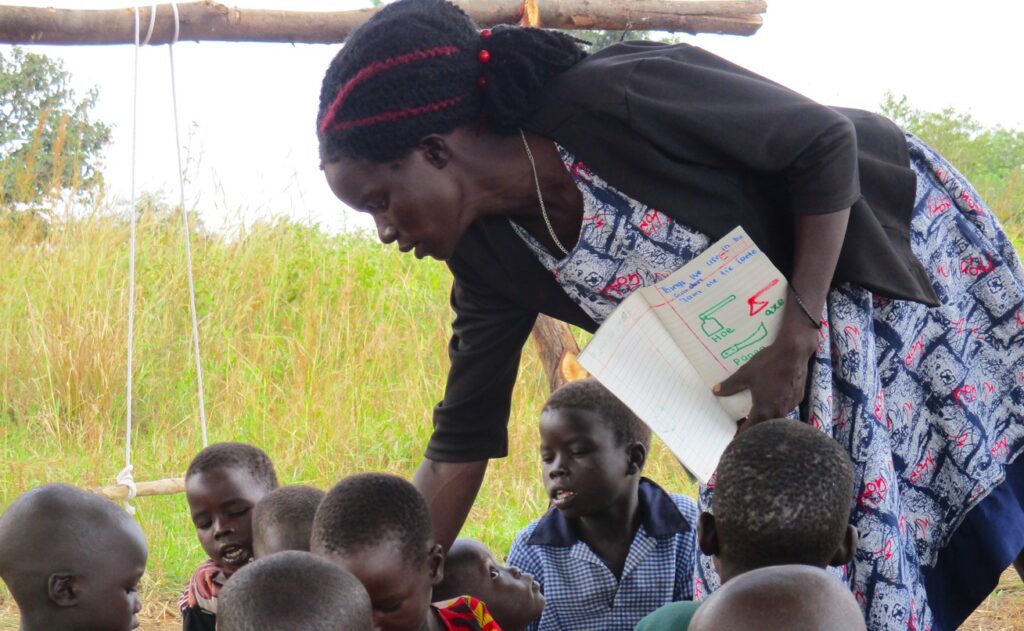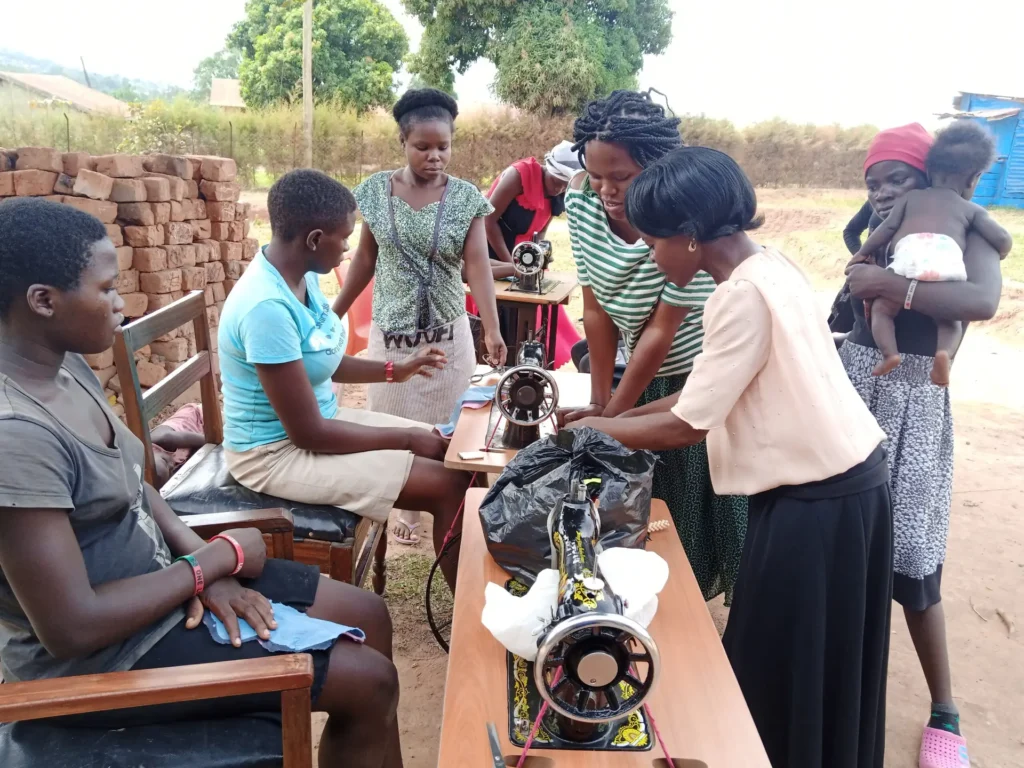Tag Covid-19
22 Nov
Schooling Children at Home During Covid-19 Lockdown – Lamwo District
Keeping Children in School While They’re at Home during Covid-19 Lockdown Our Early Childhood Development initiative in the Lamwo district modified its strategy of operations from a classroom environment to […]
READ MORE27 Mar
Empowering young Girls and Boys with livelihood skills in urban town of Mukono district.
Empowering youth with livelihood skills in central Uganda. The COVID-19 lock down significantly impacted youth nationwide, especially the urban youth. This led to increased school dropout, unwanted pregnancies, and also […]
READ MORE
is a non-profit organization with the ambition to have a positive impact on children and their families lives to Zero Poverty. APPCO seeks to address the causes and effects of poverty through development, relief, and advocacy. Our programming principle is to address the plight of Deprived, Excluded, and Vulnerable children and women in the communities where we operate.
- Our Profile and History
- Child Safeguarding & Protection
- Donate to our Cause
- Stay in touch with us







